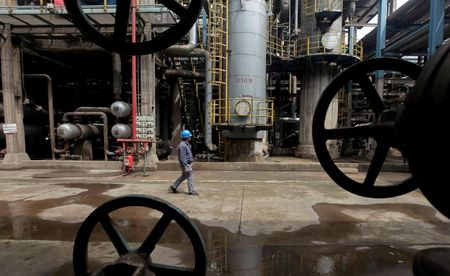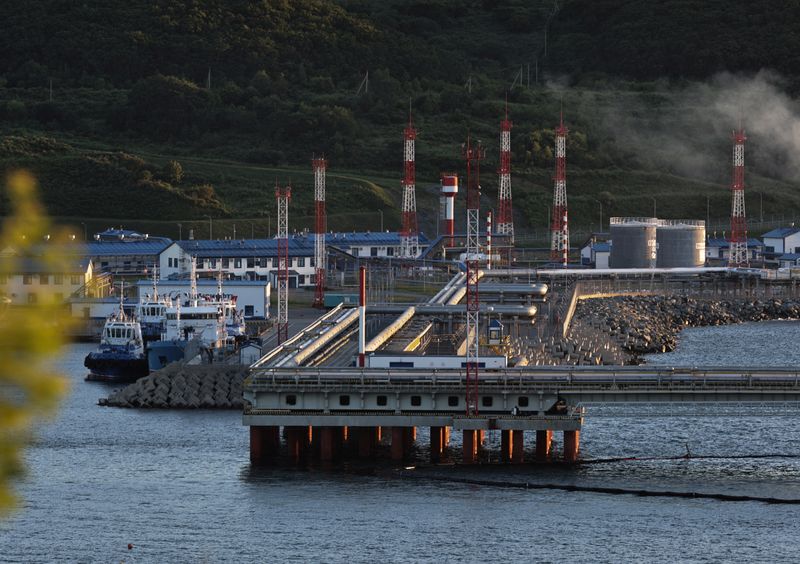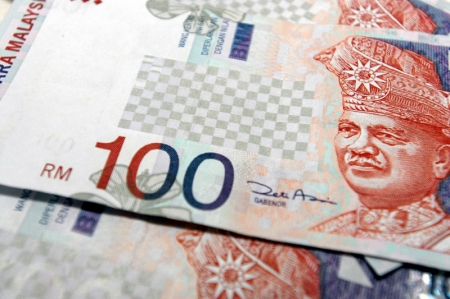
Investing.com — India’s economic landscape is deeply intertwined with global oil markets due to its heavy reliance on crude oil imports, constituting over 80% of its total crude oil consumption.
The recent fall in global crude oil prices has emerged as a macroeconomic opportunity for India, particularly in addressing its twin deficits: the current account deficit and fiscal deficit.
Falling oil prices can directly influence India’s current account balance by reducing the country’s import bill. As a major oil importer, every $10 per barrel drop in crude prices could save India around $13 billion annually, said analysts at BofA securities in a note.
This amounts to about 0.3% of GDP, a substantial reduction in the current account deficit.
BofA added that the reduced cost of energy imports improves India’s external finances, strengthens the balance of payments, and boosts foreign exchange reserves, with the Reserve Bank of India already having accrued around $67 billion in additional reserves in 2024.
The government of India also stands to benefit from the reduction in oil prices. Historically, when oil prices have fallen, the government has had the option of either passing on the savings to consumers by lowering fuel prices or retaining the gains to bolster fiscal revenues.
In recent years, India has strategically absorbed some of these windfalls to reduce its fiscal deficit. The fiscal savings from lower oil prices could provide the government with more room for public expenditure or for accelerating debt reduction efforts, BofA said.
In addition to improving fiscal metrics, lower oil prices could help ease inflationary pressures in the Indian economy. Fuel has a notable weight in India’s Consumer Price Index, and a decline in retail fuel prices could have a direct and indirect impact on reducing inflation.
The direct reduction in fuel costs could lower inflation by approximately 29 basis points over time, which in turn could influence consumer expectations and spending behavior.
This post is originally published on INVESTING.



